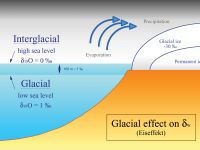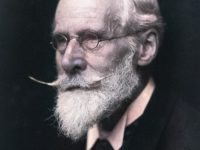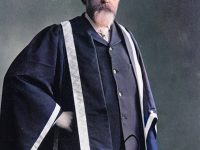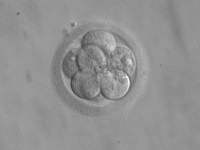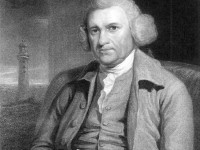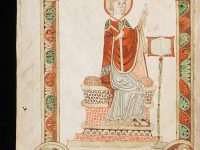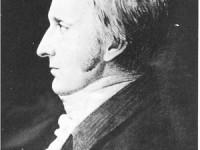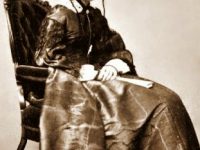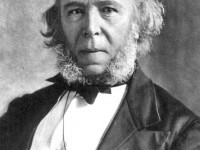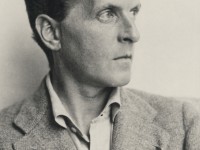Nicholas Shackleton and Paleoclimatology
On June 23, 1937, English geologist and paleoclimatologist Nicholas Shackleton was born. Shackleton was the son of the distinguished field geologist Robert Millner Shackleton and great-nephew of the explorer Ernest Shackleton.[4] He helped identify carbon dioxide as a greenhouse gas and studied the ancient climate changes of the Quaternary period, the last 1.8 million years, during which there were periods building up massive ice sheets and mountain ice caps alternating with warm weather when…
Read more

